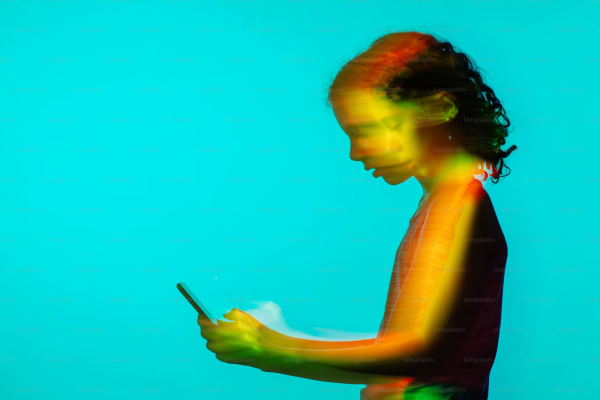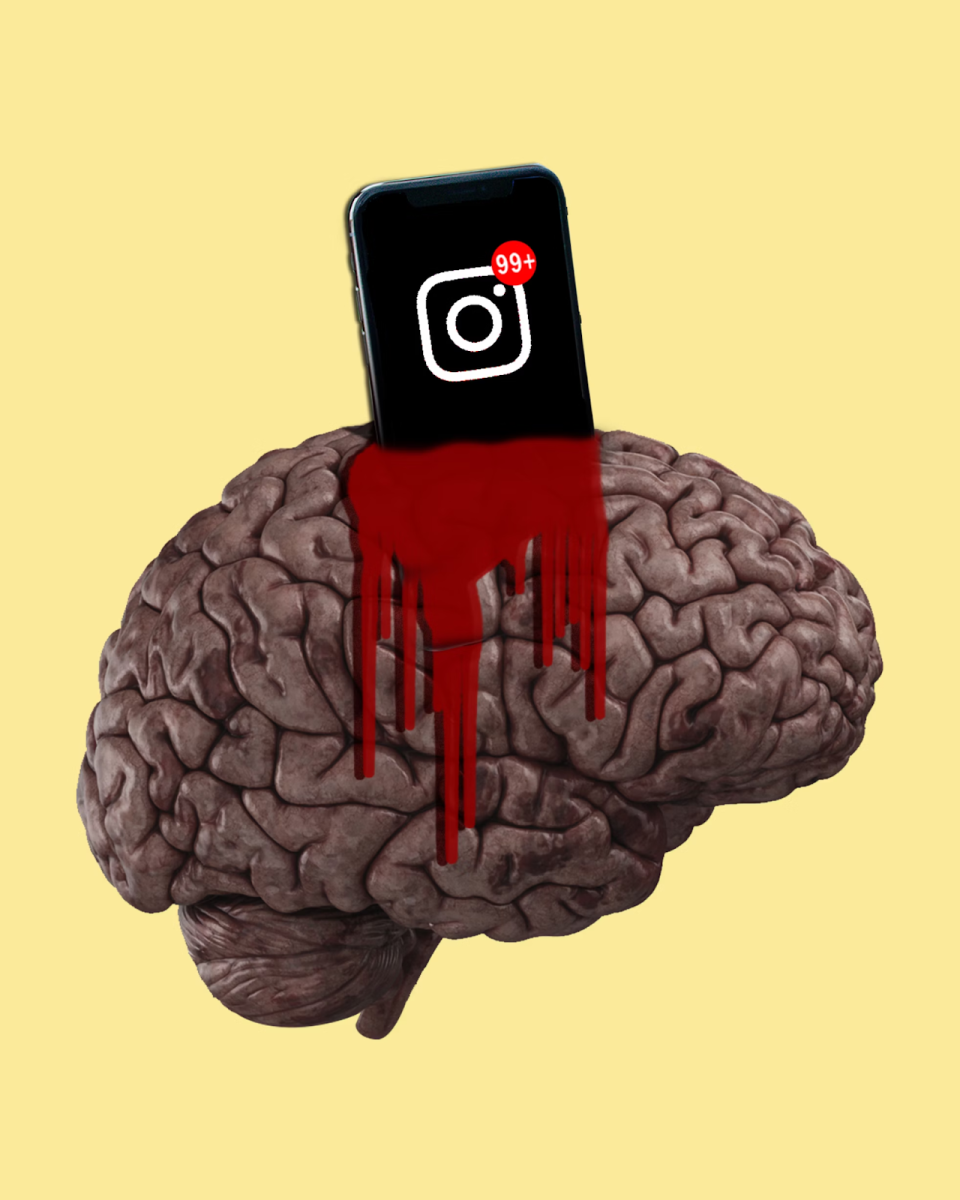Do you have an annoying boss? Do you complain about your boss to your friends in a public place? What you thought was a private conversation, might have been recorded and posted. In fact, your boss might be watching it right now. But relax, it’s all in the name of content creation!
Like, subscribe, and share are classic phrases known to every content creator. In our modern era of posting, reposting, and even making a living off content creation, have our morals gotten lost along the way?
Social media, an extremely powerful and influential part of our modern society, can be found all around us. It has connected all of us all over the world. It can be a useful tool for publicity and the spread of news; these platforms even act as a public forum for people to express ideas or opinions. In theory, this sounds great, but it begs the question — who came up with such a splendid and useful tool?
You might be surprised to find that the origins of social media reek with scandal. Let me introduce FaceSmash.
Let me take you back to 2003 when social media was just getting its start. Facebook before Facebook, created by the one and only Mark Zuckerberg, was called FaceSmash, and was a website created to rate the attractiveness of fellow Harvard students. This was Zuckerberg’s first go at social media, and what he created almost got him expelled.
This is just one example, but it was a long time ago. Social media has obviously evolved and improved since then…right?
Today, social media has about 4.9 billion users (about 60.49% of the global population), and about 207 million content creators – that is, people who post and create “content” for the public masses.

Social media has been used by indicted former President Donald Trump and played a role in the January 6th attack. These platforms have also helped create the latest form of bullying – cyberbullying – leading to a mental health crisis.
Then again, social media has been used for positive change, helping to spark change such as the Black Lives Matter movement, and the #MeToo movement created on Twitter in reaction to the Harvey Weinstein allegations.
The usage of social media seems to be a controversial topic even among the Bronx Science community. Raquel Andon ’24 doesn’t use social media. She said “I don’t like anything I see on social media, ever. Even if I agree with it, or even if it is factual, I just don’t use social media.” However, Rayhan Mehal ’26 sees potential in how social media can be used going forward. “For some students, social media allows them to easily contact their peers, work on projects, and ask questions,” Mehal said.
The age restriction on most social media is 13+ as suggested by the Children’s Online Privacy Protection Act (COPPA). Regarding the mental health crisis, there are numerous studies claiming that social media is “linked to” or “related to” depression. There are actually very few which claim a direct causation between social media and depression. While the studies do concede that people tend to be more “vulnerable” or “susceptible” to depression because of social media, they argue that it existed prior to social media use.
Social Media can also be an infringement on the privacy of individuals. Take the hit #planebae livestream for example. A user live-streamed the interactions between two strangers on the plane without their consent, and romanticized it to get viewers. The video blew up on social media as users gushed over the “new couple.”
There’s no doubt that these strangers got their 15 minutes of fame. But, they didn’t choose this. They chose to get on a plane. And they chose to talk to a stranger in a public space. They didn’t choose to be recorded and romanticized. Their privacy was violated.
The faces of the individuals were eventually found out and published. This incident is forever tied to them. In an interview that the woman on the plane gave, she shared that people had started trying to find her in real life, to gossip about her private life, to harass her online, and to post her private information, all at the press of a button.
I have yet to download Instagram, Twitter, Discord, Facebook, Snapchat, or even Youtube, and I don’t plan on doing so in the future. The only platform I do regularly use is IMessages; I am hopelessly useless when it comes to knowing the ins and outs of using social media.
Now, I’m a teenage girl in high school, and I’m very aware of my peers’ use of social media. Despite this, I still choose not to download social media, so you might be thinking, ‘why not?’
I got my first phone during the summer before eighth grade. I hadn’t been at school since the beginning of sixth grade due to disruptions with in-person learning due to the COVID-19 pandemic, and it was weird. I remember almost everyone coming into eighth grade had a phone, and that most had been using them for years prior. I wasn’t even aware that social media existed until the eighth grade.
My parents had a very strict no social media rule. So, when I did find out it existed, I was told not to use it, and since I had zero idea what it was, I never felt compelled to use it.
My peers used social media. Social media became something that isolated me and excluded me. It created an “us” and a “them.” You were either “in” or “out,” and I was most definitely out.
It wasn’t until my ninth grade year in high school at Bronx Science that I really understood the extent of social media usage. Social media somehow became the hit thing that everyone had and I didn’t.
I still didn’t really understand the platforms, although my friends would show me postings on occasion from social media that helped me to pick up small things and learn some of their “lingo.” It wasn’t until I did research on social media, learning more about it, that I formulated an opinion.
I find the use of social media to harm or bully others to be atrocious. I despise the body standards that are enabled by social media. I’m both shocked and scared by the effects social media has on mental health and our attention spans. I’m wary of the rising cancel culture fueled by the platform users.
For this teen, the history, controversy, facts, statistics, studies, and consequences outweigh the occasional funny video.
So, the big question, how can I use social media safely? Should I stop using these platforms even though I enjoy them? Well, sorry to break it to you, but there’s no clear cut solution to these problems. That said, there are ways you can and should protect yourself.
When using social media, do you research like I did and know the risks. Don’t judge others’ use or disuse of social media. And if you do use social media, be careful what you do and say. For those 4.9 billion users out there, know there’s a person behind that screen.
For this teen, the history, controversy, facts, statistics, studies, and consequences outweigh the occasional funny video.

